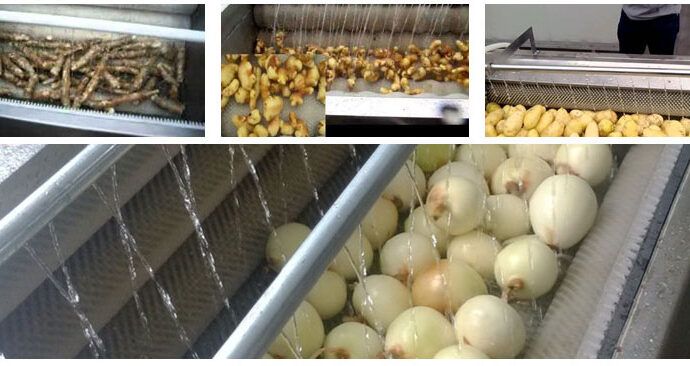Report
The Bureau of Indian Standards (BIS) has announced new norms for washers used to clean root and tuber vegetables like potatoes, carrots, cassava, beetroot, and radish. These standards aim to improve hygiene, ensure food safety, and make Indian exports more competitive in global markets.
Washers Must Meet Food-Grade Requirements
Under the new guidelines, manufacturers must use non-corrosive, food-grade materials such as stainless steel for all parts that come in contact with vegetables. The BIS has also laid down testing protocols to assess washing efficiency, machine capacity, and safety. Only washers that meet these criteria will earn BIS certification.
Global Benchmarks Drive Reform
Countries like the US, Germany, and the Netherlands already mandate stainless steel or food-grade polymer washers to minimise microbial risks. By aligning with these international practices, India hopes to strengthen its position in upcoming free trade agreements and improve the credibility of its exports. Until now, BIS has not regulated the design or performance of vegetable washers, and the ISI mark was optional. The new standards will now make certification essential, pushing manufacturers to meet specific quality benchmarks before entering the market.
Hygiene Push to Fuel Market Growth
Experts expect the Indian vegetable washer equipment market, valued at $292.82 million in 2023, to reach $1.1 billion by 2033. Rising health awareness, tighter food safety regulations, and a shift toward smart and automated washing systems are fueling this surge.
Source: Livemint
 Food Manifest
Food Manifest 


















